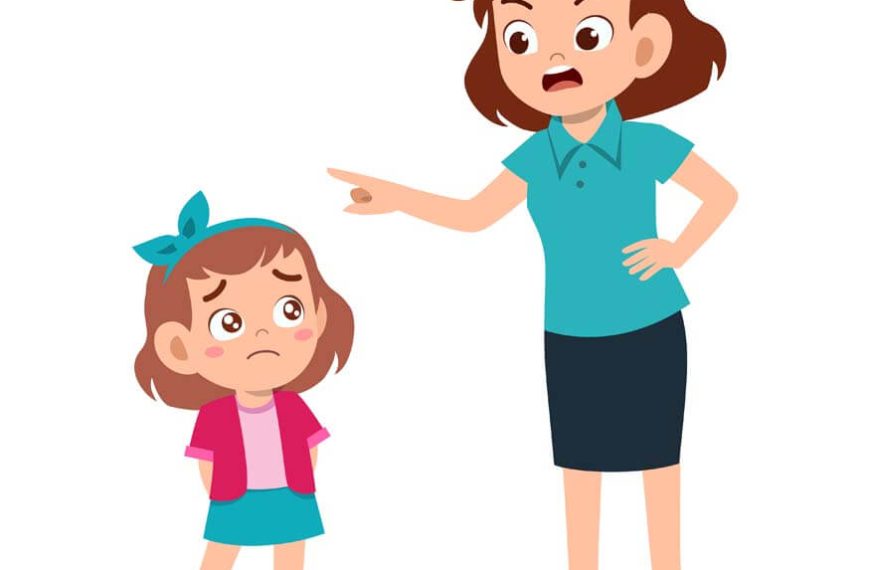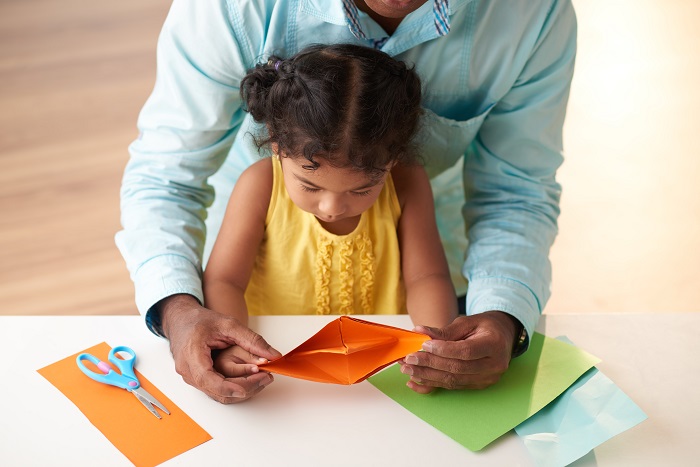Time-outs have been a practice to discipline children for a long time. This method is used by parents, guardians, caregivers, and educators alike. Although it seems like time-outs can have the instant desired outcome on the surface level, research on children psychology and wellbeing has shown that it does way more harm than good in the deeper levels.
What is Time-out?
Time-out is a behavioural modification wherein a child is removed from the environment where the misbehaviour happened. It removes a child from the joyous environment into utter isolation.
To understand the question, “What is time-out?,” some examples might help clarify the doubts:
- If the child does not listen to the parent saying that time to play with toys is over, the child is separated from the toys and made to sit in a corner for some time.
- If a student is not paying attention in class by talking to a friend, the student is made to stand facing the wall throughout the class period as a form of punishment.
- Recent research and expert opinions have shed light on the possible negative outcomes of a time-out for kids. Some reasons why time-outs can be detrimental to kids:
- Emotional Distress: One of the primary concerns with time-out for kids is that it can cause a heavy amount of emotional distress. Removing the child from the ambience of joyous enrichment and from their caregiver can form feelings of abandonment, fear, and rejection. This can lead to psychological distress and can affect the child’s mental health in the long-term.
- Increased Stress Levels: The result of time-out can be increased stress levels which can trigger the release of more cortisol in the body. Elevated stress levels can be detrimental for the physical and mental wellbeing of a child. It can further cause issues such as anxiety, depression, and physical health problems.
- Lack of Emotional Regulation Skills: Time-out for kids often focuses on the immediate removal of the child from the problem-causing environment. It leads to a sense of rejection and isolation in the child’s mind, instead of being taught how to deal and manage one’s emotions. This can leave the child ill-equipped in emotional regulation skills in challenging situations in the near and distant future.
- Negative Associations: Children may form negative associations with a time-out technique because it creates a feeling of rejection, shame, fear, and isolation. This can hamper their self-worth and self-esteem. It can cause a cycle of the children misbehaving more frequently and them receiving more time-outs.
- Limited Problem-Solving Skills: During a time-out technique, children are not made aware of possible alternatives in behavioural changes. There is no scope for problem-solving skills. They only know that they have to wait out the time-out.This leaves them ill-equipped for future situations to make better choices.
- Reduced Parent-Child Connection: A time-out technique can strain the relationship between a child and caregiver because there is a disconnection and distance involved during their punishment. Maintaining a healthy parent-child emotional bond is crucial for overall discipline and healthy development in the child’s life.
- Increased Aggression: Some studies on this topic of time-out techniques suggest that there could be increased aggression in the child. When a child feels isolated and rejected, they could lash out with more aggressive behaviours both in the short and long run.
- Missed Learning Opportunities: Instead of giving the child an ultimatum of a time-out, parents and caregivers should take the opportunity to engage in a healthy conversation about emotions and behavioural changes. Explaining the impact of a certain behaviour or activity that the child is keen on performing is beneficial to understand the impact it has on them and others, thus the conversation becomes an opportunity for learning to be better.
Alternative Strategies For Time-out For Kids
Now that the possible drawbacks of time-out for kids have been discussed, let us look into alternative strategies that will keep the children’s emotional and physical health intact while teaching them core lessons.
- Positive Reinforcement: Rather than focussing on a form of punishment, practise positive reinforcement on your child. Praise and reward the child when they exhibit good behaviour. This will make your child want to exhibit more positive behaviour in the future too.
- Communication and Empathy: Take the time out to listen to your child. Create an emotionally safe space for your child. Listen to their feelings and concerns. Show empathy and understanding which will help them in processing their emotions in a healthy manner.
- Time-in: Instead of a time-out technique, use the opposite, which is time-in. Be present for your child when they are exhibiting misbehaviour or an upset mood. By staying with them, you are providing comfort and guidance. This will teach them to feel around you and help them calm down faster. It will also teach them emotional regulation.
- Set Clear Expectations: Establish clear rules and expectations for your child’s behaviour. When a child understands what is expected of them, they are more available to follow those guidelines.
- Use Natural Consequences: Allow your child to know the result of a behaviour by letting them know the natural consequence of something whenever it is safe to do so. This helps them understand cause-and-effect relationships and thus take responsibility for their actions and behaviour.
- Problem Solving Together: Encourage conversations where you both problem-solve together for solutions to a certain situation. Work together to find decisions and solutions which are mutually acceptable. This will teach them valuable life skills.
- Time For Reflection: If you believe that a certain amount of time for self-reflection is necessary, direct your child into a safe space where they can calm down voluntarily. Ensure that the space is a safe and positive place for self-regulation.
- Seek Professional Help: If your child poses certain actions and behaviours that are difficult to address on your own, consider visiting a child psychologist or therapist. They can provide tailored strategies for your kid and help them lead a happy and healthier life.
Time-out for kids may have been a common disciplinary tool in the past, but in sight of the psychological, mental, and physical disadvantages it poses on the kid’s health and life, it is better to work on the many alternatives that are provided in this article for reference. It will lead to better communication, problem-solving, and also foster a happier relationship between the child and caregiver. It will enable healthy development of the child while maintaining a strong parent-child relationship. It is vital to prioritise the emotional and psychological wellbeing of the child and choose discipline methods which will align with the child’s wellbeing and development in the short as well as long run.
For more such blogs, visit our EuroKids website.
















